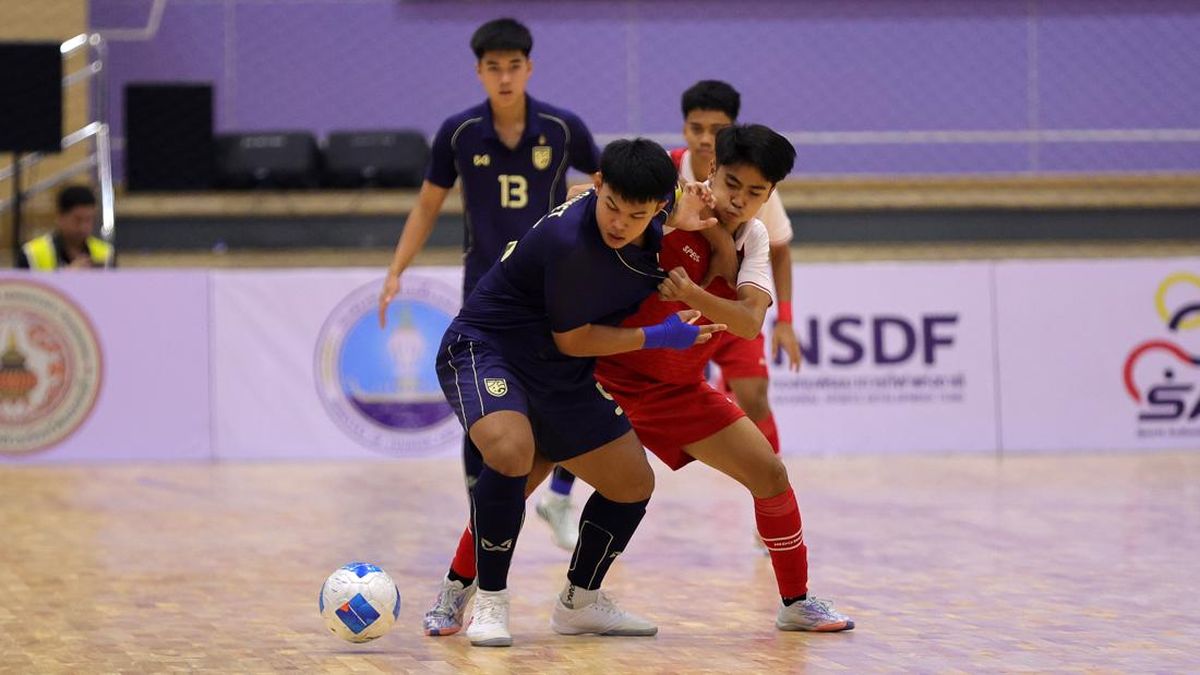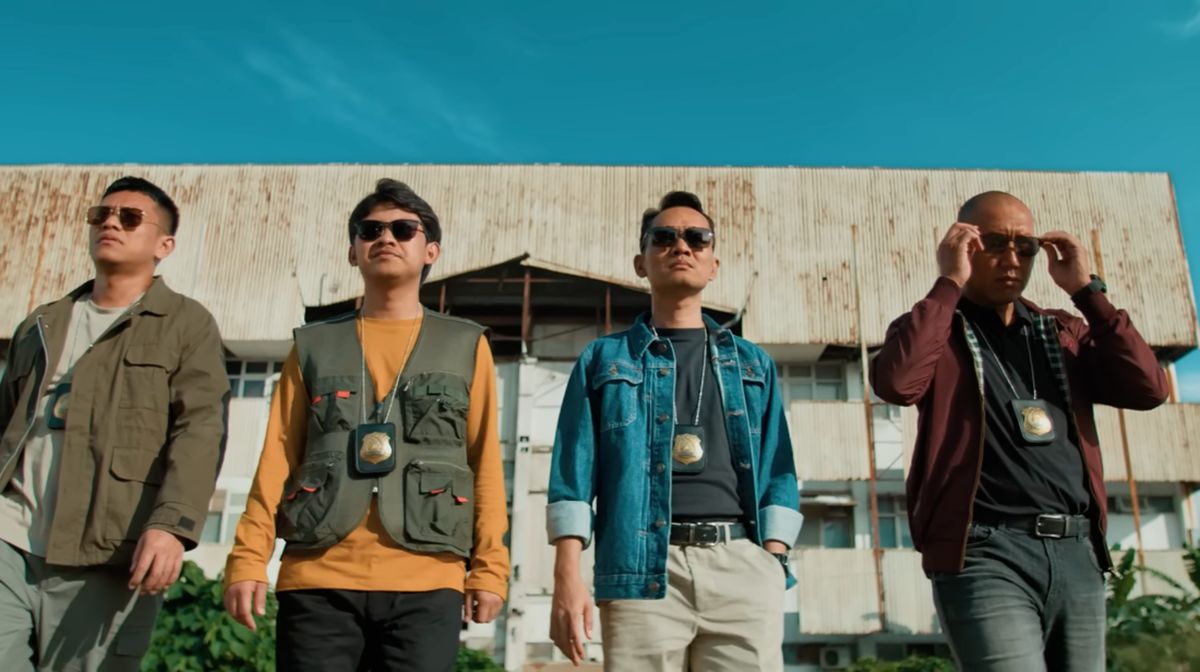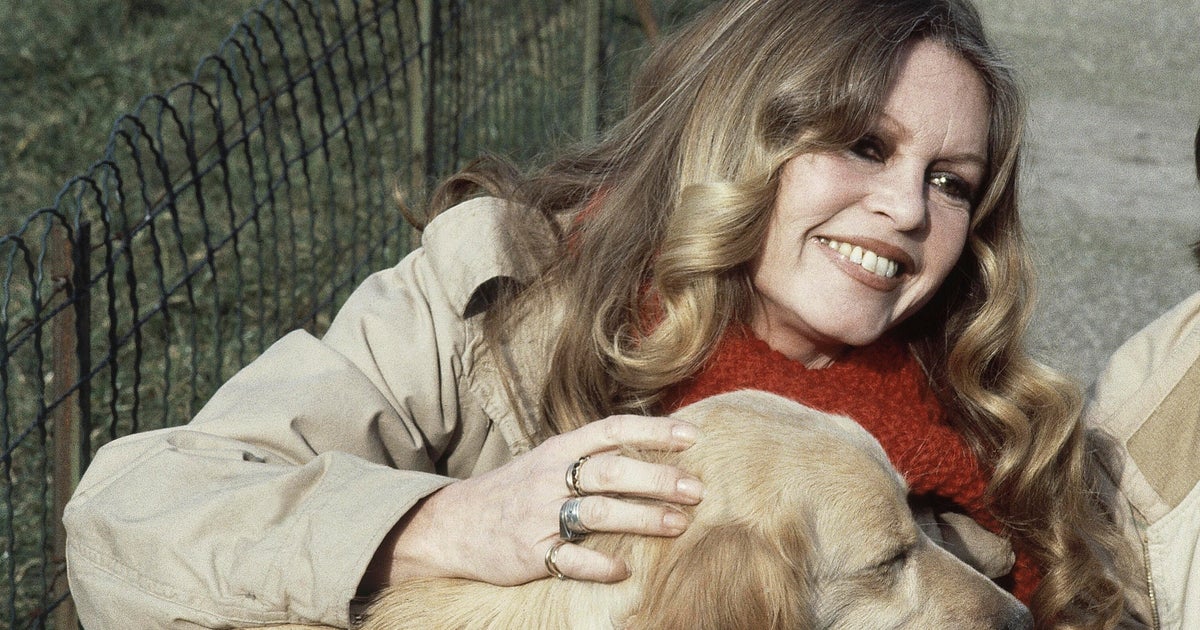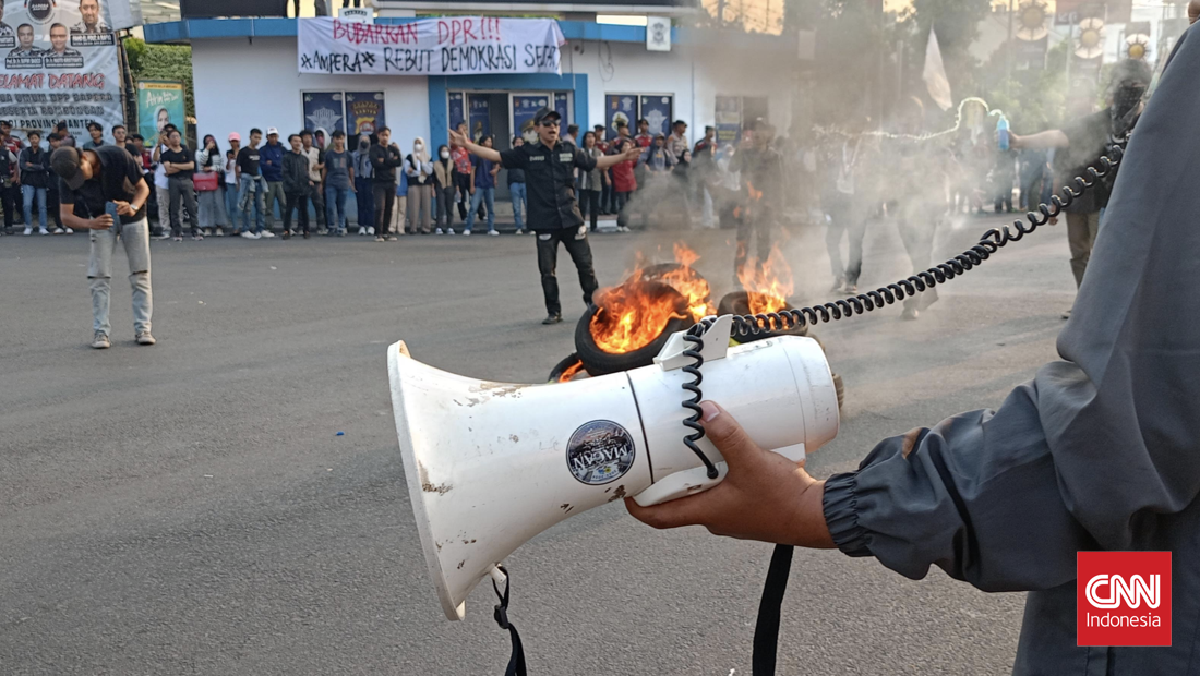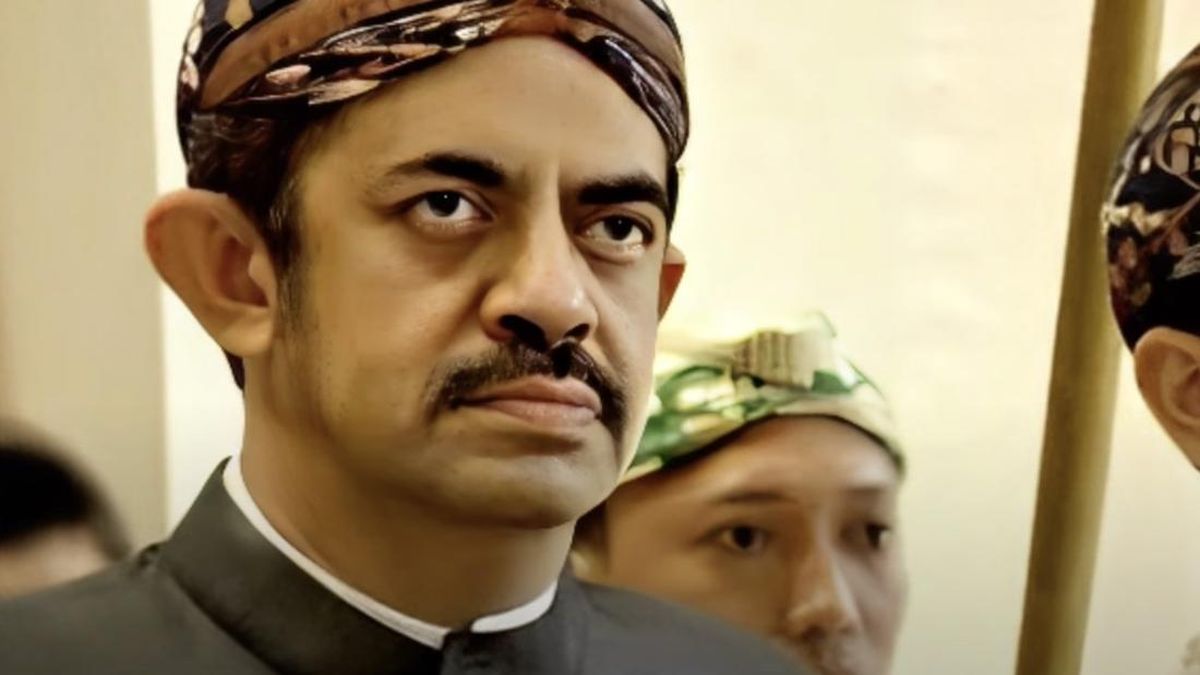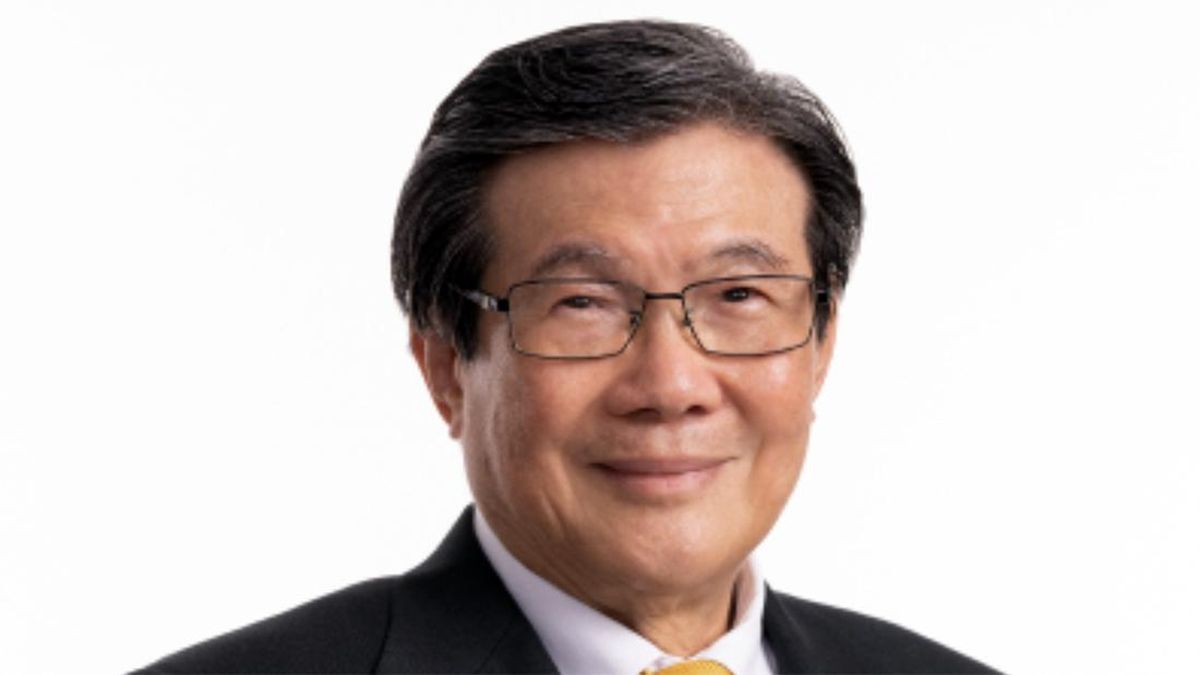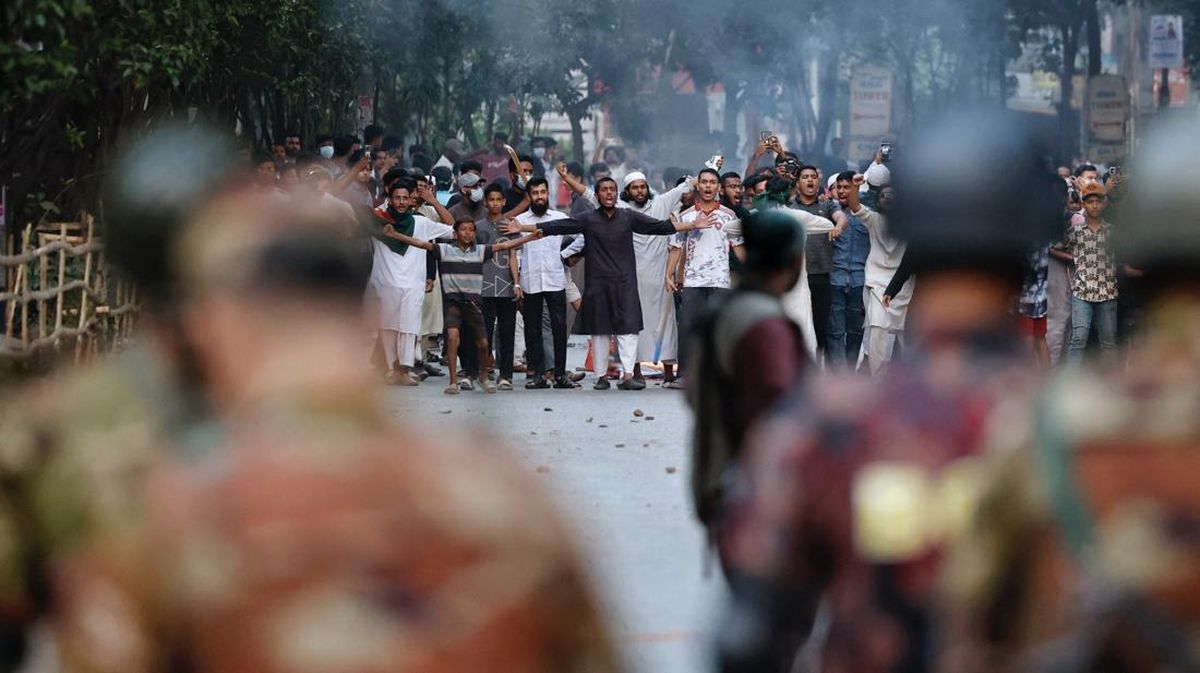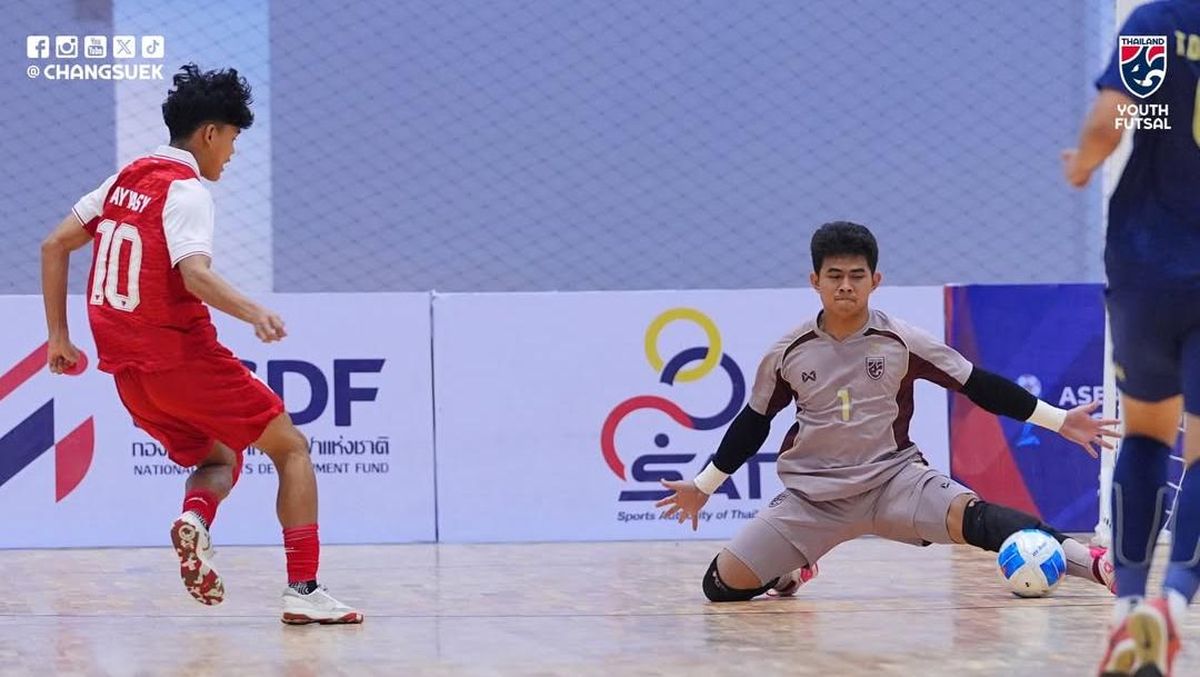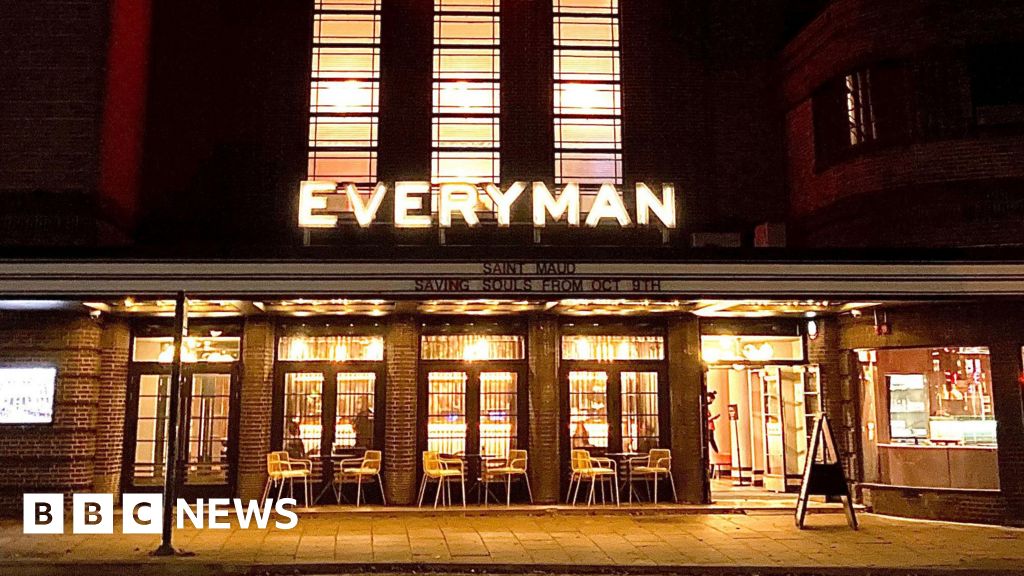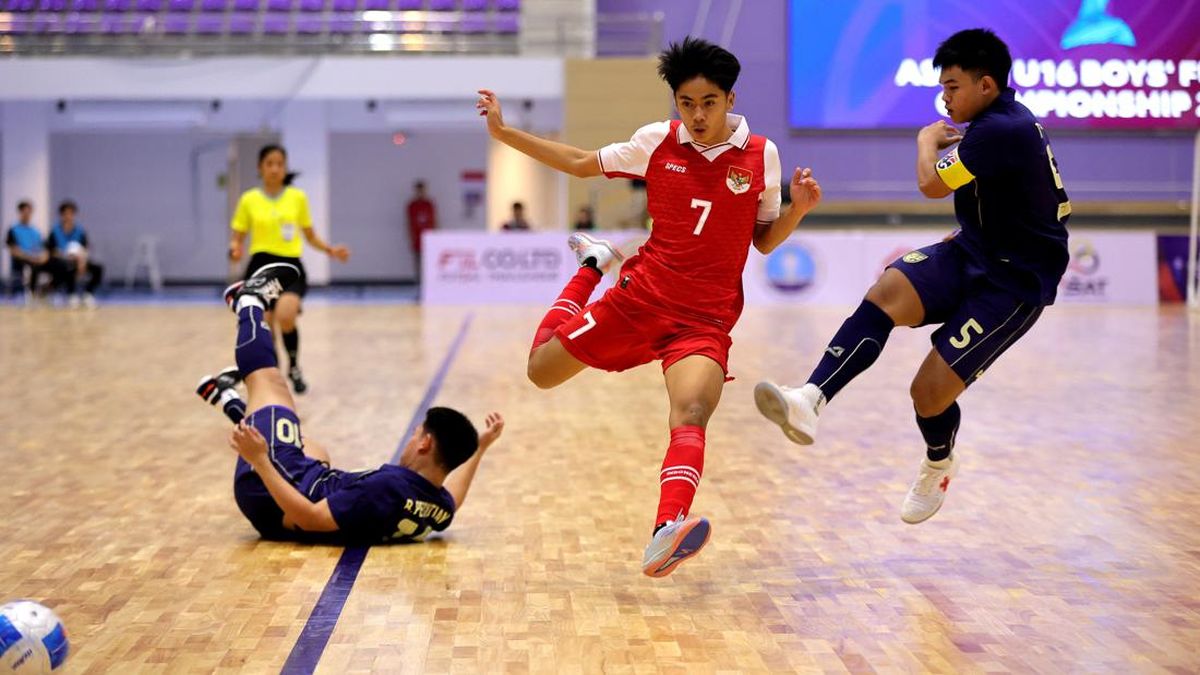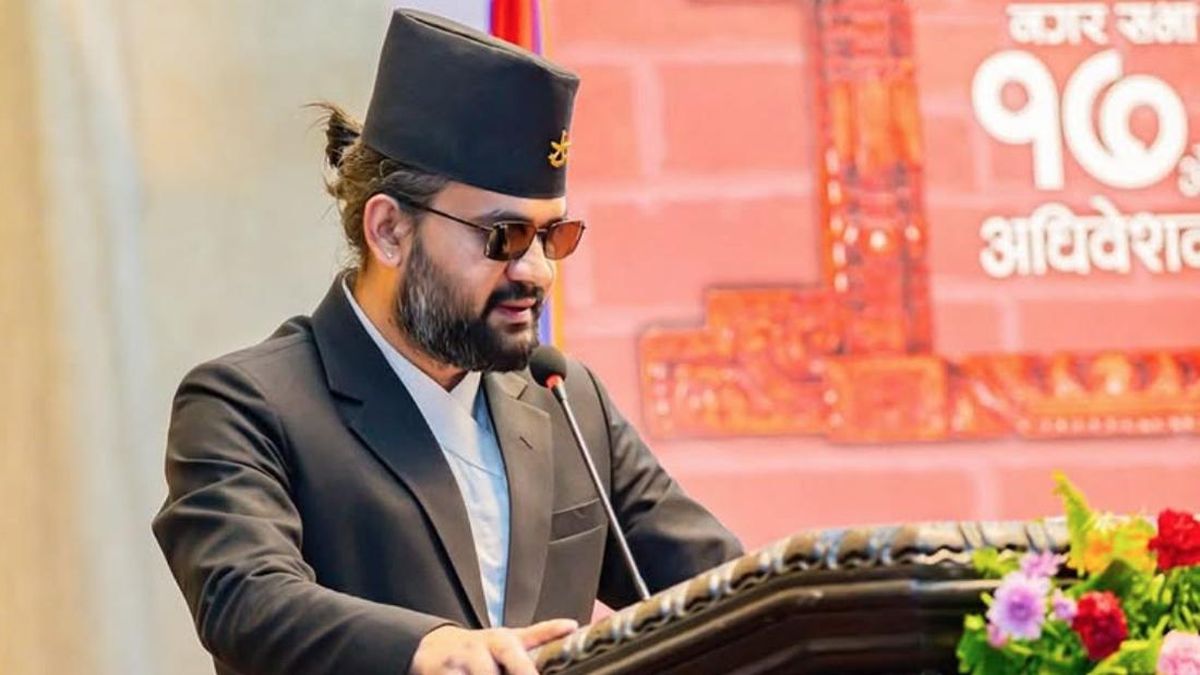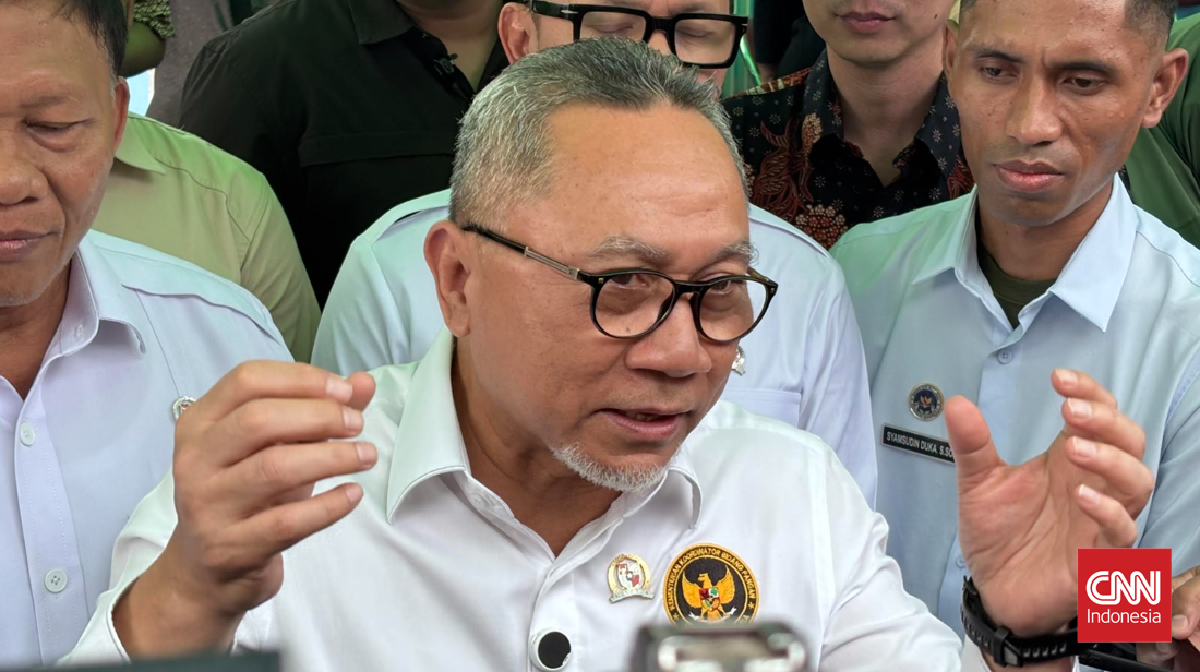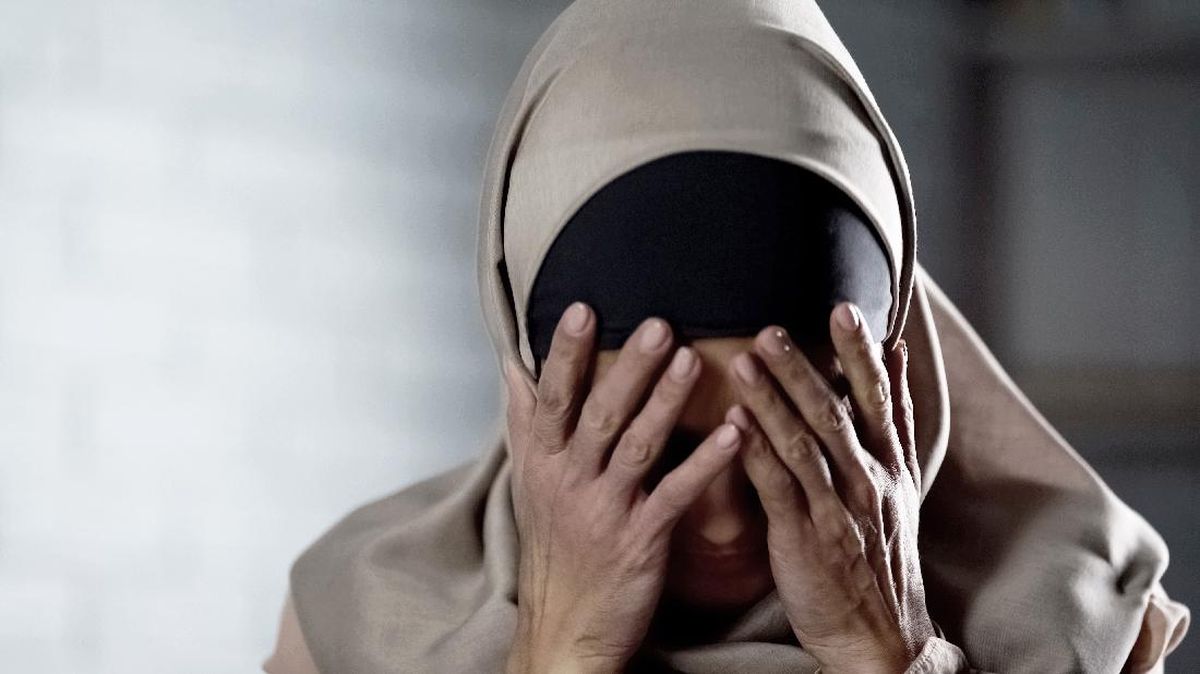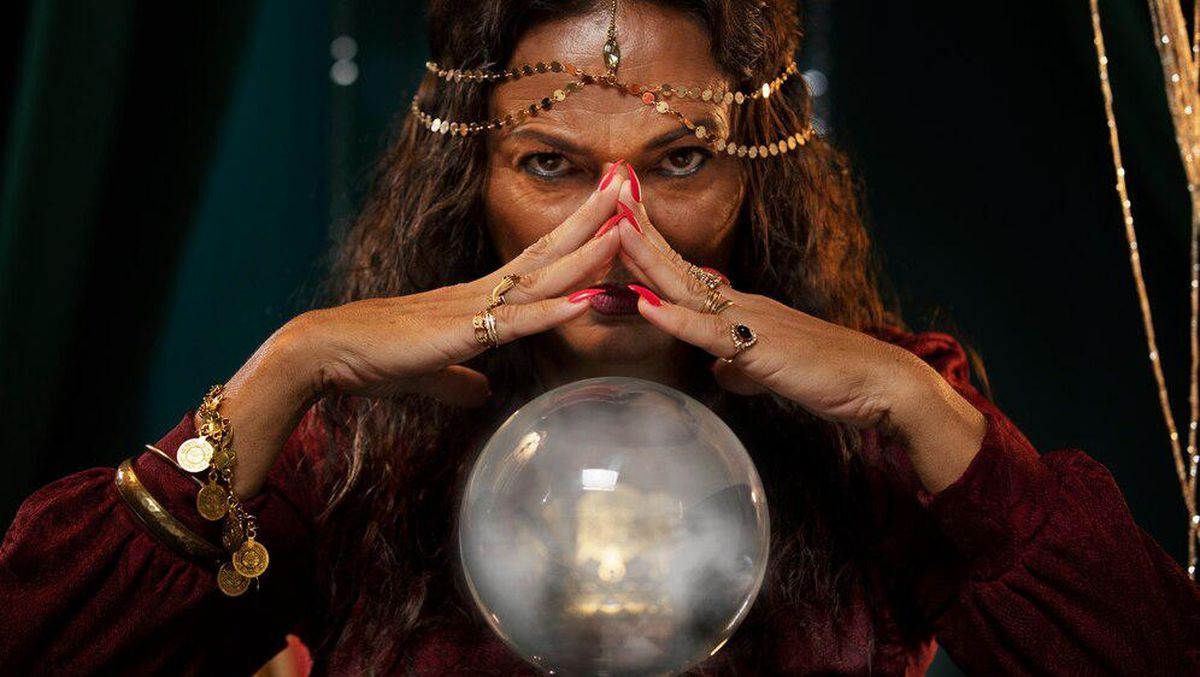All up, students will typically finish 20 to 24 units over the two years, but it’s fine to take longer. Some schools also offer VCE units from year 10.
ARE THERE ANY COMPULSORY UNITS?
Yes. Students must take three units from the English group, and two of these must be a unit 3 and 4 sequence. They also need to take three more unit 3 and 4 sequences, in any study.
HOW ARE STUDENTS GRADED IN THE VCE?
For units 1 and 2, schools mark students based on their own assessments and while they may get specific grades from teachers, only an S (satisfactory) or N (non-satisfactory) will count towards the VCE.
For units 3 and 4, assessment tasks are graded from A+ to E, UG (ungraded) or NA (not assessed) as well as an S or N.
School-based assessments are set by teachers and include School-Assessed Coursework (SAC) that is completed at school, and School-Assessed Tasks (SAT) that are completed at school and home.
Loading
External assessments are set and marked by the VCAA and are the same for all students. They’re usually an examination, including written, oral, performance and electronic assessments.
WHAT ABOUT THE ATAR? HOW IS THAT CALCULATED?
An ATAR is calculated by the Victorian Tertiary Admissions Centre (VTAC), which uses students’ VCE results to calculate their ATAR, which ranks their performance compared to everybody else.
IS GETTING AN ATAR THE BE-ALL AND END-ALL?
Simply put, no. There are many pathways into university, and not all VCE students are focused on getting a high ATAR.
“There is a lot of focus on the ATAR and the number you get at the end of the VCE,” Lavin says.
“The best way to take this pressure off is for students to follow their interests and know that success after school can look different depending on what path you choose.“
WHAT IS A STUDY SCORE?
Students who obtain at least two graded assessments and achieve an S (satisfactory) grade for both units 3 and 4 in a study in the same year receive a study score.
This is a number between 0 and 50 that shows how a student performed relative to all other students doing the same study that year.
WHAT IS THE GAT?
The GAT is the General Achievement Test, which all VCE students undertake. It does not directly count towards the completion of the VCE and students don’t need to study for it.
It’s used to check that VCE external assessments and school-based assessments have been accurately and fairly assessed.
WHAT IS THE VCE VOCATIONAL MAJOR?
The VCE Vocational Major (VM) is a two-year applied learning program that “focuses on building a range of skills for work and life, providing real-world experience in one or more industries”, explains Sue Bell, executive director, senior secondary certificate reform at the VCAA.
“That means VCE Vocational Major students finish school with an “employability” edge, ready to take on the next stage of life – be it study, training or full-time work.“
IS THE VOCATIONAL MAJOR DIFFERENT TO VET SUBJECTS?
Yes. Vocational Education and Training (VET) subjects are available for both VCE and VCE Vocational Major students.
VET subjects are great for building practical skills in industries and can go towards an extra qualification after school, as well as contributing to an ATAR.
WHAT’S THE BEST WAY TO STUDY FOR THE VCE?
Students should have a “giving it a go” mindset, which the VCE curriculum is designed to support, Lavin says.
“Students should draw on knowledge and skills gained in these two years, rather than rely on last-minute cramming.
Having a long-term study plan, going over past lessons and different assessments will help students feel prepared and confident when it’s time to do their exams.”


